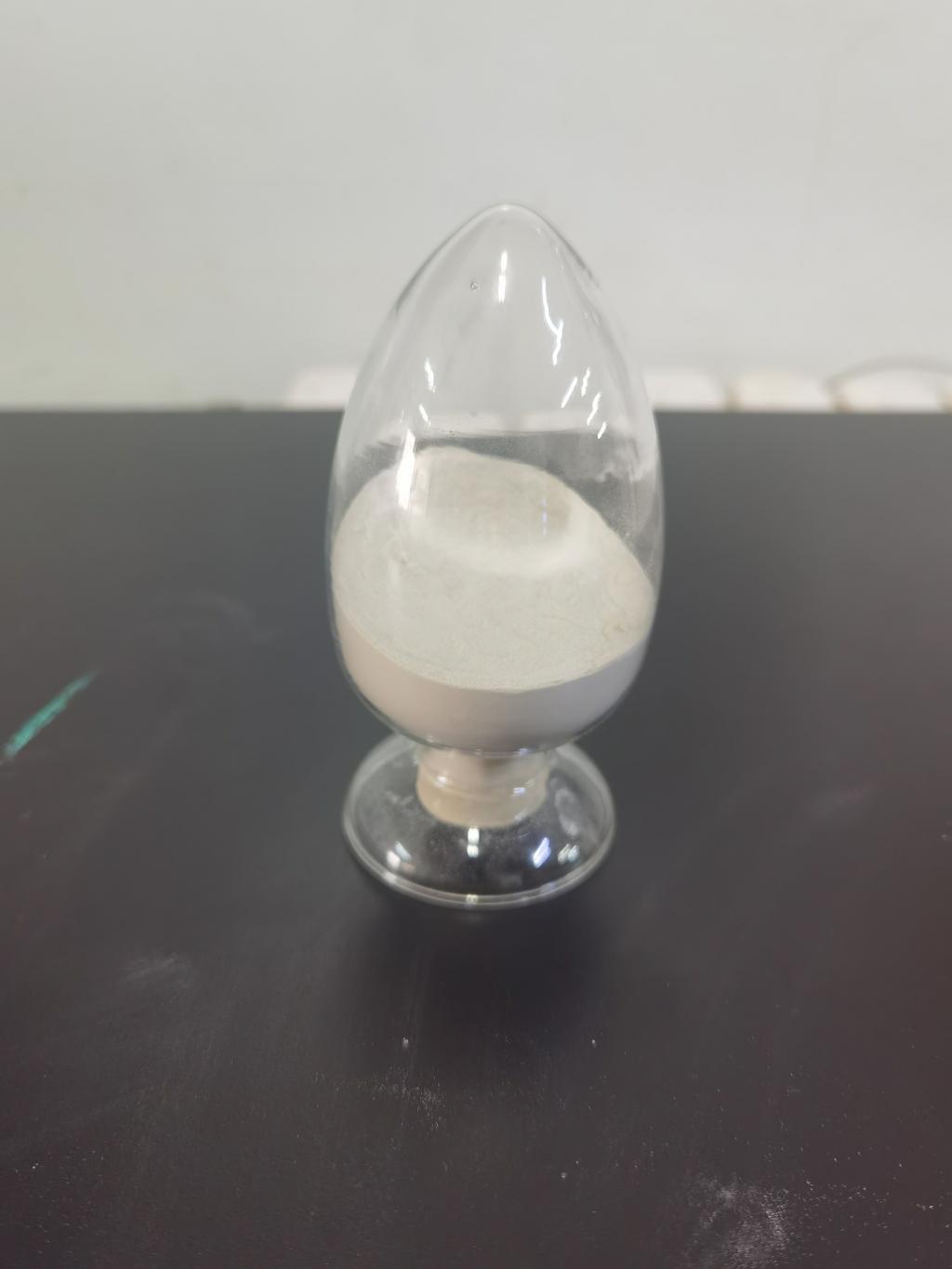Tel:+8618231198596

News
 CONTACT
CONTACT
 CONTACT
CONTACT
- Linkman:Linda Yao
- Tel: +8618231198596
- Email:linda.yao@dcpharma.cn
- Linkman:CHARLES.WANG
- Department:Overseas
- Tel: 0086 0311-85537378 0086 0311-85539701
News
Current Position:
Home >
News
>The potential for nisin in personalized nutrition and medicine is an exciting area.
The potential for nisin in personalized nutrition and medicine is an exciting area.
TIME:2024-08-21
Introduction:
Personalized nutrition and medicine aim to tailor interventions based on individual genetic, environmental, and lifestyle factors. Nisin, a class I bacteriocin produced by Lactococcus lactis, has been recognized for its antimicrobial properties and safety profile. Its selective activity against certain bacteria, coupled with its natural origin, makes it a promising candidate for targeted health interventions. This article discusses the potential roles of nisin in personalized nutrition and medicine, focusing on gut health and targeted therapies.
Background on Nisin:
Nisin is a ribosomally synthesized peptide that exhibits potent antimicrobial activity against a wide range of Gram-positive bacteria. Its mode of action involves binding to lipid II, an essential component of the bacterial cell wall, leading to cell lysis and death. Nisin has been used for decades as a food preservative due to its effectiveness and safety record.
Mechanisms of Action:
Nisin's antimicrobial activity is primarily attributed to its ability to bind to lipid II, disrupting the synthesis of the bacterial cell wall. This binding leads to the formation of pores in the cell membrane, causing cell lysis and death. Additionally, nisin has been shown to interfere with quorum sensing, a bacterial communication system, thereby inhibiting biofilm formation and modulating bacterial virulence.
Personalized Nutrition:
1. Gut Health:
The human gut microbiome plays a crucial role in overall health, influencing digestion, immunity, and even mental health. Dysbiosis, an imbalance in the gut microbiota, can lead to various health issues, including inflammatory bowel disease (IBD), obesity, and metabolic disorders. Nisin's selective antimicrobial activity against specific pathogenic bacteria offers a targeted approach to restoring gut health. By inhibiting the growth of harmful bacteria while preserving beneficial species, nisin can help rebalance the gut microbiome.
2. Food Sensitivities:
Individuals with specific food sensitivities or intolerances can benefit from nisin's targeted antimicrobial effects. For example, in individuals sensitive to dairy products, nisin can be used to eliminate pathogenic bacteria in dairy without affecting the beneficial bacteria present in probiotics or fermented foods.
Targeted Therapies:
1. Antibiotic Alternatives:
The rise of antibiotic-resistant bacteria is a global health concern. Nisin, with its unique mode of action, offers a potential alternative to conventional antibiotics. Its selective activity against Gram-positive bacteria reduces the likelihood of developing resistance and can be used to treat infections caused by resistant strains.
2. Localized Treatments:
Nisin can be formulated into localized treatments for skin infections, oral hygiene, and other external applications. For instance, nisin-containing creams or gels can be used to treat topical bacterial infections without systemic side effects.
3. Digestive Disorders:
Nisin's antimicrobial properties can be harnessed to develop targeted therapies for digestive disorders. For example, in the treatment of antibiotic-associated diarrhea, nisin can selectively target the causative bacteria, such as Clostridium difficile, without disrupting the entire gut microbiome.
Challenges and Future Directions:
While the potential of nisin in personalized nutrition and medicine is promising, several challenges remain:
Formulation and Delivery: Developing stable and effective delivery systems for nisin, especially for oral administration, is necessary to ensure its targeted action.
Dosage Optimization: Determining the optimal dosages for different applications and patient populations requires further research.
Safety and Efficacy: Long-term safety and efficacy studies are needed to establish the full potential of nisin in personalized interventions.
Conclusion:
The potential of nisin in personalized nutrition and medicine represents an exciting frontier in health care. Its selective antimicrobial activity, combined with its natural origin and safety profile, makes it a valuable tool for targeted interventions. As research continues, nisin holds the promise of revolutionizing how we approach gut health, food sensitivities, and targeted therapies, tailoring interventions to individual needs and promoting overall well-being.
- Tel:+8618231198596
- Whatsapp:18231198596
- Chat With Skype







